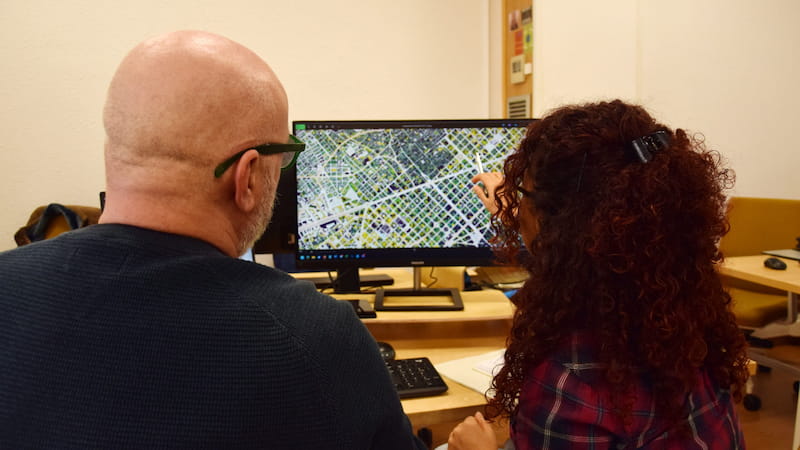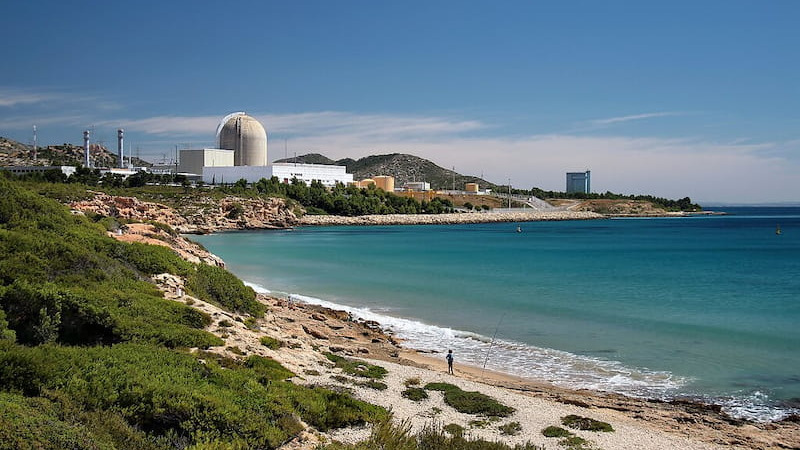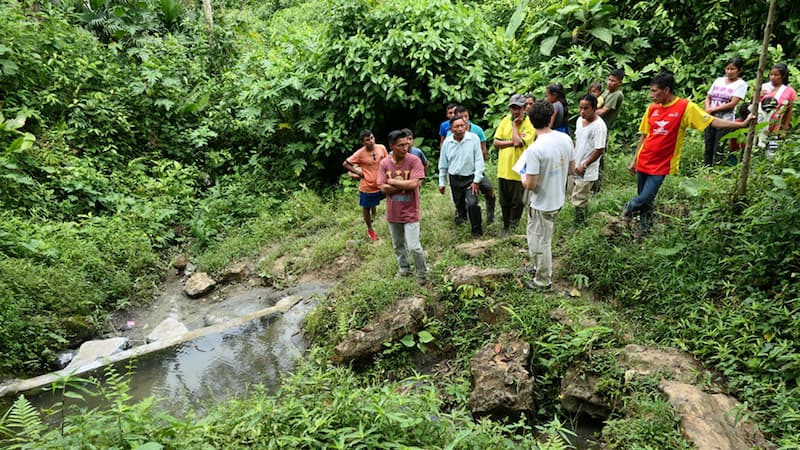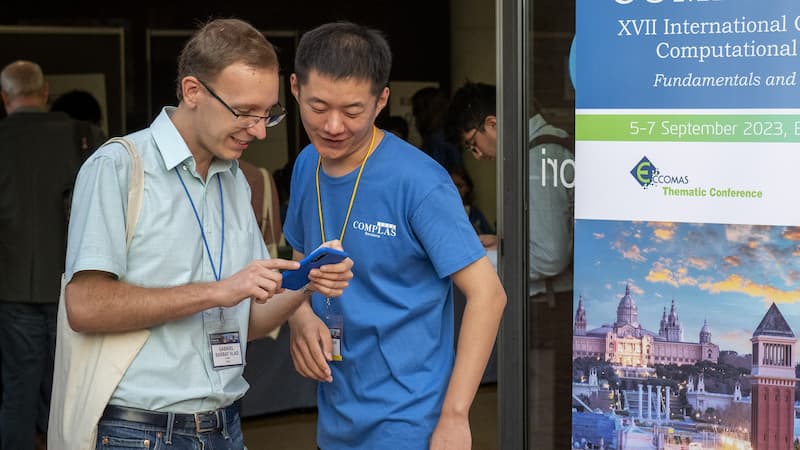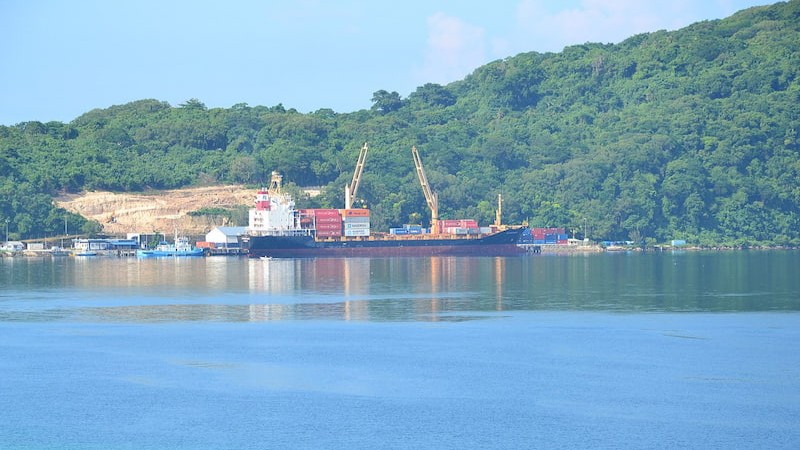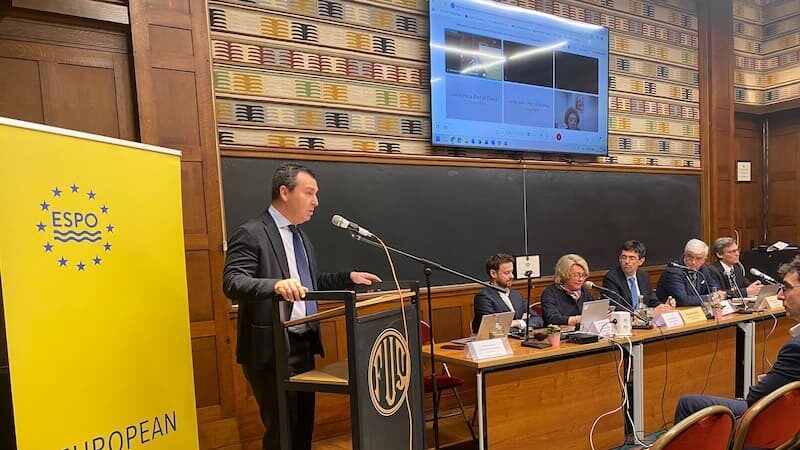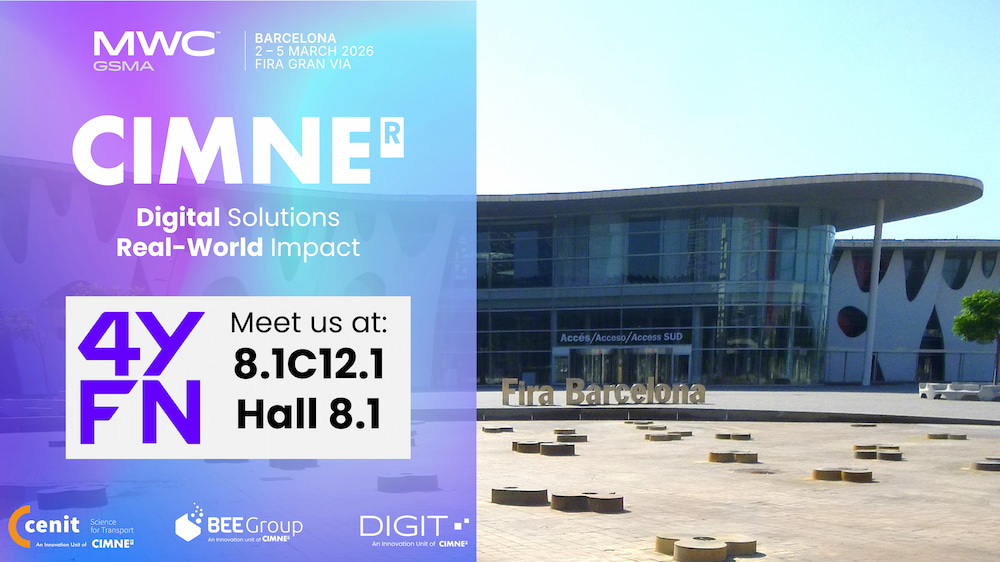CIMNE’s innovation unit in transport, CENIT, is one of the more than 40 cross-cutting partners involved in the PIONEERS project, an ambitious European initiative led by the Port of Antwerp-Bruges, that addresses the challenges that maritime terminals in the continent must overcome to achieving the European Green Deal’s primary objective of climate neutrality by 2050.
PIONEERS, which stands for Portable Innovation Open Network for Efficiency and Emission Reduction Solutions, aims to reduce the ports’ total environmental footprint by introducing Clean Energy production, storage, and supply, deploying sustainable port infrastructure beyond energy supply demand.

The initiative, started in 2021, will deliver eco-friendly improvements relying on digitalisation and new methods of operation. These advances will first be tested at the Port of Antwerp-Bruges, before being transferred to demo sites including those in the ports of Barcelona, Constanta, and Venlo before the project ends in 2026.
The final goal of the PIONEERS endeavour is to deliver and disseminate a Port Master Plan for the transition towards GHG-neutral shipping and wider multimodal mobility by 2050.
Demos
The feasibility of the project’s progresses will be tested in 19 demo sites involving all areas of the ports: the maritime side, inland side, terminal operations, and distribution to the hinterland. The objective of these demos is to implement the solutions and transfer selected ones to other participating ports, while assessing the barriers and challenges encountered during the project.
The identification of viable innovations will be ensured by addressing not only technical, socioeconomic, safety, and sustainability challenges, barriers and opportunities, but also by engaging stakeholders. These include public and port authorities, representative bodies, terminal operators, freight forwarders, transport companies, and cruise and tour operators.
Demo sites are classified in five areas, each addressing key advancements toward climate neutrality:
-
Clean Energy Production, Storage & Supply: Including solutions for energy production from water currents, battery storage in terminal operations, and hydrogen refuelling infrastructure.
-
Sustainable port design: Including hydrogen heating solutions for buildings, and electric green last-mile for on-site logistics
-
Modal Shift and Flow Optimization: Including cargo flow prediction and optimisation, and IT platforms for multimodal transport planning
-
Digital transformation: Including automated shuttle solutions for port operations, and vessel traffic optimisation through 5G technology, among others.

The role of CIMNE in the project
CIMNE plays an active role in all phases of the project, supporting the Port of Barcelona. The main task is related to the development and delivery of a Green Port Master Plan for the Port of Barcelona, which will be presented at the end of the project.
Furthermore, the CENIT team at CIMNE will play a key role in coordinating the linked actions of the pilot projects, conducting a thorough analysis of the results and providing a comparative assessment between the pilots at the lighthouse Port of Antwerp-Bruges and the Port of Barcelona.
CENIT is supporting the Port of Barcelona in the implementation of two digital pilots at the port: the implementation of the digital twin, which keeps track of emissions produced on the port’s boundaries, and the installation of the 5G network for vessel detection within the maritime port boundaries.
Moreover, as an innovation unit with previous knowledge on the local environment of the Port of Barcelona, CENIT will contribute to the innovation actions transferred from the lighthouse port, such as the Multimodal Container Planner, the Modal shift that will result from engaging employers at the Port, and the adoption of the Digital Twin.
CIMNE will also be involved in the impact assessment and process evaluation, specifically focusing on evaluating the innovations implemented at the fellow ports: Barcelona, Constanța, and Venlo. This will involve determining the net benefits for each of the four pillars at the three fellow ports, and quantifying the difference between the realised net benefits and the desired future gains.
In this regard, CENIT researchers will evaluate the transferability and scalability of the project innovations from the lighthouse port of Antwerp-Bruges to the other ports involved.

